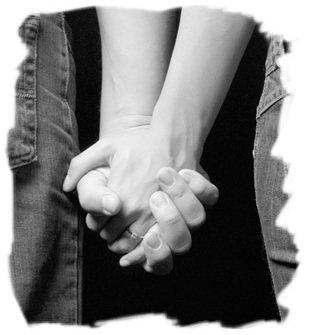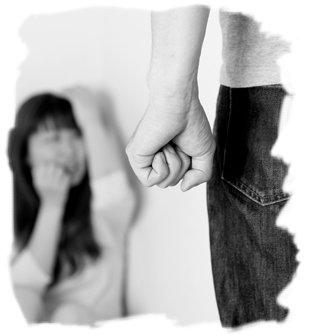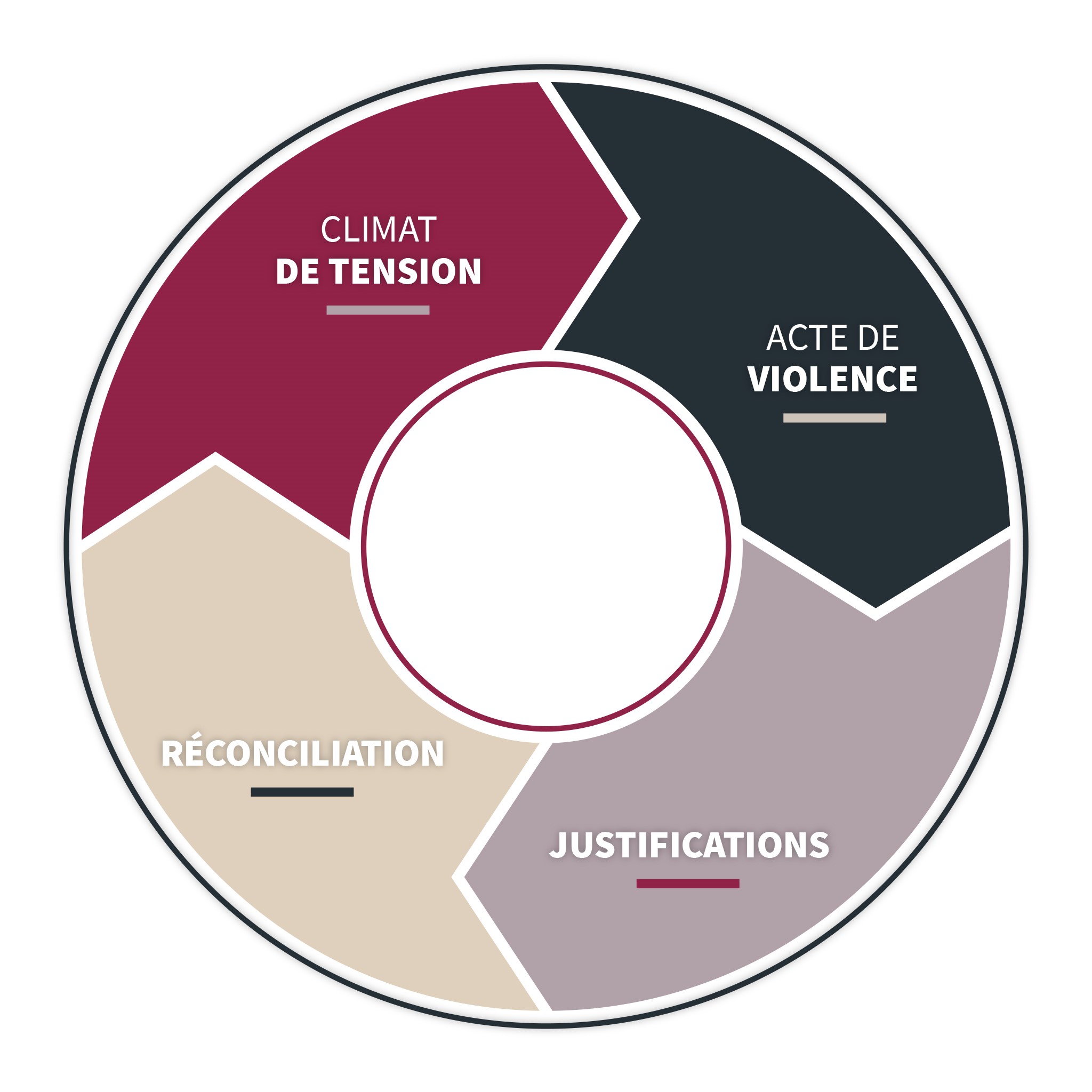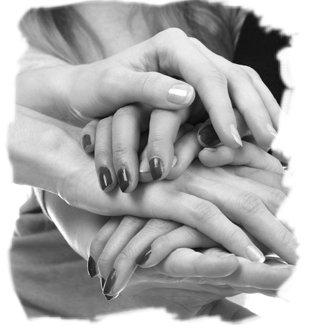When a person is in an abusive relationship, she may be unclear about what is happening and how she feels. For example, you could hate the violent boyfriend, but love the one you knew at the beginning of the relationship and who, from time to time, is very charming. You can lose self-esteem and self-confidence. Several victims of violence even change some of their behaviour, which they believe "provoke" their partner, and find strategies to avoid conflict as much as possible.
The main problem when you live in a violent situation is that you isolate yourself because you are afraid and ashamed. If you experience violence, whether
emotional, verbal, physical or sexual, it is important to break the silence. You'll see, once the ice is broken, you’ll feel much better. The important thing is not to feel responsible for your boyfriend’s behaviour:
his violence belongs to him.
Seek help by talking to someone you trust around you. Whether this is a family member, your best friend, a professional at school, a counsellor at Tel-jeunes, or a counsellor at Maison Interlude House, this person will listen to you, support you and give you information.
It may not always be easy but you must dare talking about it. It's the only way to get out of this situation.
Call us at 613-632-1131/1-800-461-1842. We are here to listen.
Adapted from the site
www.aimersansviolence.com (French only)
I HAVE WITNESSED DOMESTIC VIOLENCE
I have witnessed domestic violence
It is not your fault. You cannot control violence. The adults going through this need help. Talk to someone you trust. A family member, a friend, a teacher at school, a counsellor at Tel-jeunes, or a counsellor at Maison Interlude House... Who ever you feel comfortable to talk to!
Adapted from the site
www.aimersansviolence.com (French only)
I have witnessed violence between my friend and her boyfriend
When we witness violent behaviour, it is not always easy to react. It is uncomfortable, we do not want to interfere in the lives of others or we are afraid to say the wrong things. If you witness violence, tell yourself that your action is really important. Show the victim that you do not judge her and that you can offer a sympathetic ear.
Persuade her to talk to someone she can trust. Tha't the key!
Adapted from the site
www.aimersansviolence.com (French only)











